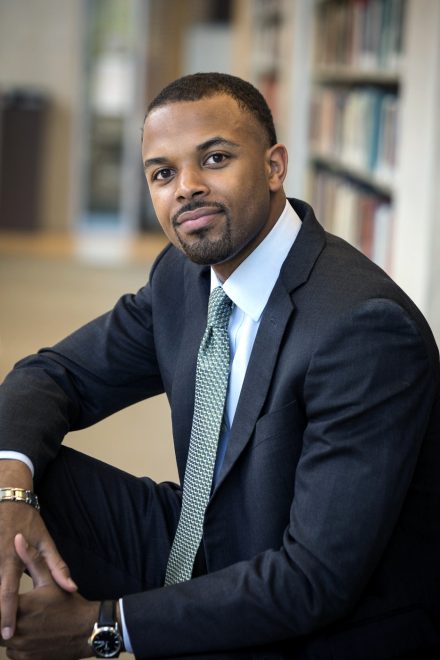I was a sophomore in high school when I really got into writing. I’d always kind of enjoyed it but it wasn’t until then that I started writing a whole bunch of stuff and sharing it with as many people as I could. Just in that one school year, I wrote some fifty poems and scores of essays on different things I was reading about. I even wrote a few flash fiction pieces that were awful, and this was all on top of assigned writing assignments for my English and History courses.
Part of it was that I really wanted to connect with people and do something that would allow me to hopefully reach broader audiences. I also had a great teacher at the time, who always encouraged my efforts and gave me book recommendations and even read all the stuff I wrote and sent to people — people I knew and people I looked up to and wanted to know. Life at home wasn’t great and I wanted to think about other things and find a way to talk to people about other things and so my writing became a way of starting conversations.
One day after school, I was talking with my history teacher, Dr. Sun, about a book he’d given me on the history of East Asian philosophy, called Centrality and Commonality by Tu Weiming. It was one of his favorites and became one of mine too. Somewhere along the way in the course of our two hour conversation, I asked him about the relationship between writers and their audience. I don’t remember my exact question, but I think often about his answer.
He told me that one of the most important things we do as human beings is communicate and share information with each other — what we’re thinking, what we’re learning, how we’re feeling, what we should have in mind and keep in mind and look out for or avoid. As a writer, you want your reader to be able to depend on you, to be able to count on what you’re telling them, he told me. You want to empower them with knowledge, he said, and give them the certain knowledge that your voice is one they can trust. Doesn’t mean you’ll always be right or that you’ll ever know all there is to know about anything, but it’s about building and sharing confidence in understanding what’s going on in the world.
In the middle of this global pandemic, I’m reminded of my teacher’s message and it makes me all the more grateful to every journalist out there on the ground who is working hard under the most unusual and stressful of circumstances to get good information, to make sense of it and empower people by sharing with us all the stuff we need to know to engage and stay up to speed and feel confident — that if we work together tomorrow will be better than today.
Thank you for waking up every day and going to work, no matter how depressing the news may be. Thank you for using your voice to ask tough questions, especially when some of our leaders neglect to answer them. Thank you for everything you do, noticed and unnoticed, that strengthens our resolve and helps keep us safe.
With admiration,
Zach
Zachary Wood is a Board Director at Heterodox Academy and author of “Uncensored.”
Please go to nslexperience.com and follow @nslexperience to learn more and come along on the learning journey with us.



